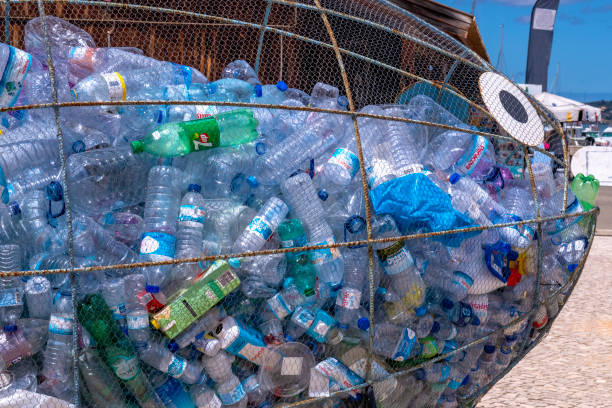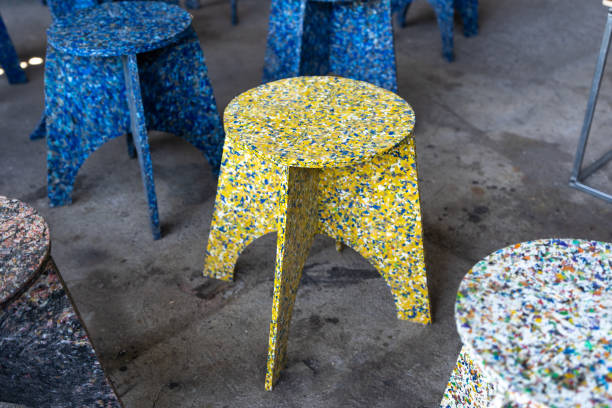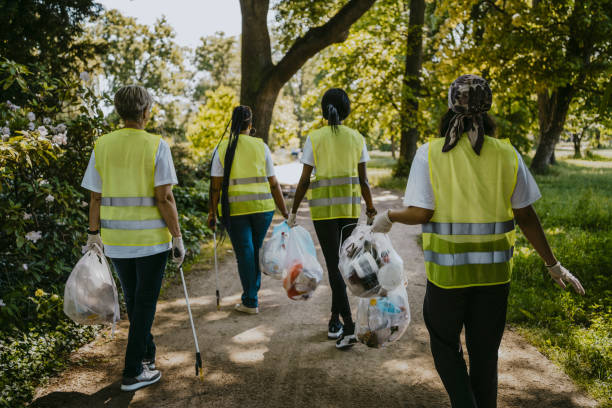One of the most pressing environmental issues is waste management, or more accurately, the lack of it. Mountains of uncollected trash line the streets, clog the waterways, and pollute the air we breathe. But the damage runs far deeper than what meets the eye. Poor waste management is a silent crisis that’s affecting our health, our economy, and our future.
This Earth Day 2025, the world is called to action under the powerful theme: “Our Power, Our Planet“. It’s a global reminder that protecting the Earth is not just about sweeping policies; it’s about personal responsibility, collective effort, and the urgent need to reclaim control of our environment.
How Poor Waste Management Affects Our Well-Being
The Waste Problem We Can’t Ignore

According to recent reports, Nigeria generates over 32 million tons of solid waste annually, with Lagos alone producing 13,000 metric tons daily. Yet, less than 20% of that waste is properly collected or recycled. The result? Overflowing dumpsites, polluted drainages, frequent flooding, and rising cases of respiratory illnesses and waterborne diseases.
What we throw away is coming back in our air, water, and even food.
Waste and Well-being: A Direct Connection

The link between waste and well-being is undeniable. Open burning of trash releases toxic chemicals into the atmosphere, leading to serious respiratory issues, especially among children and the elderly. Poorly managed landfills contaminate nearby water sources, increasing the spread of diseases like cholera and typhoid. In densely populated urban slums, the health impact is even more devastating.
But beyond health, waste mismanagement also impacts mental well-being, dignity, and quality of life, especially in low-income communities.
A Crisis and an Opportunity.

Innovators are already rising to the challenge. From recycling startups turning plastic into furniture, to community-driven waste collection initiatives and eco-conscious fashion brands repurposing discarded materials; a new movement is gaining ground.
By embracing waste as a resource rather than a burden, we can create jobs, clean up our cities, and build a circular economy that benefits everyone.
Our Power, Our Planet, Our Responsibility

The truth is, waste doesn’t manage itself. And the burden of a cleaner environment shouldn’t fall on the government alone. Every wrapper tossed on the street, every sachet water bag dumped in a gutter, is a decision. A small, powerful decision that either contributes to the problem or becomes part of the solution.
So this Earth Day, let’s own our power. Let’s demand better waste systems, support recycling efforts, and adopt mindful habits that protect our health and the planet.
Because the Earth isn’t just our home it’s our shared responsibility.
